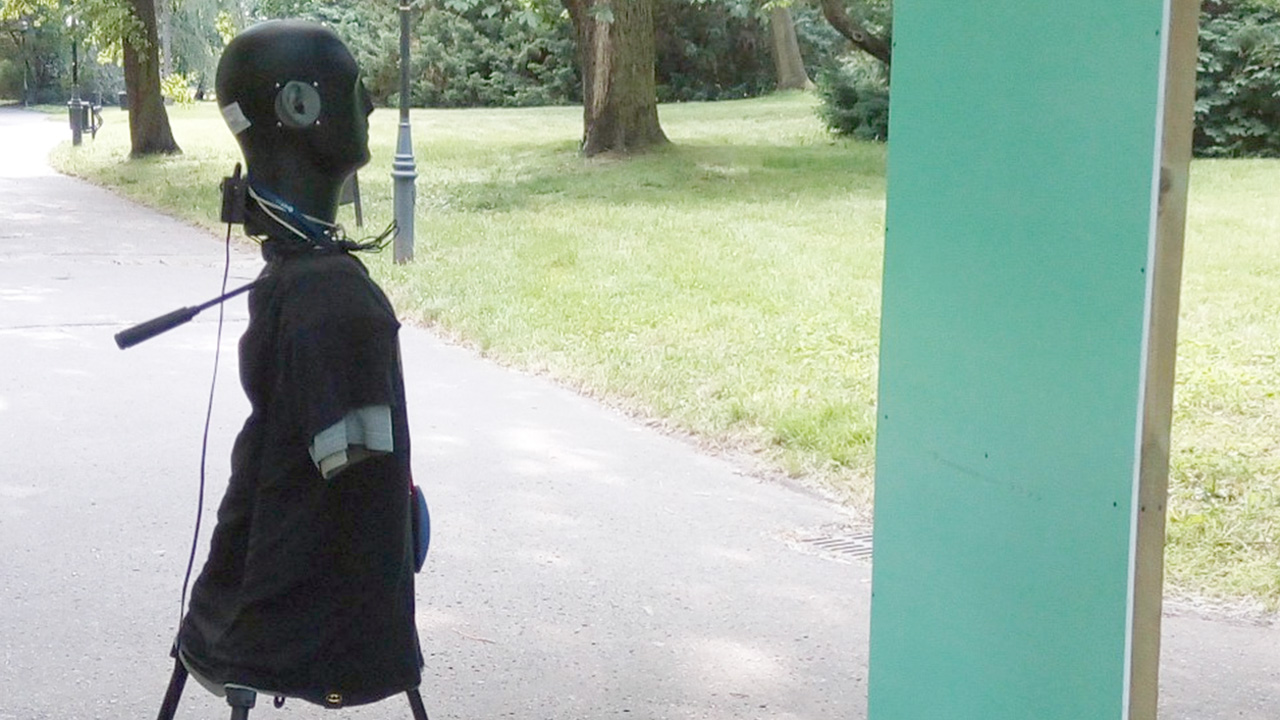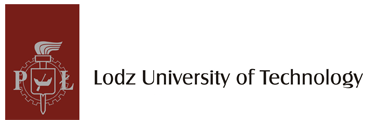Echolocation by the blind – influence of signal type and directionality of the sound source on acoustic localization of obstacles

Introduction
Human echolocation is a confirmed and relatively well-documented phenomenon which allows blind persons to localize obstacles or perceive layouts of their surroundings using reflected sounds. Recently a number of studies have been devoted to analyzing the mechanism of echolocation and various factors affecting it, e.g. why some blind persons more easily become expert echolocators or how the mouth-clicks produced by experts differ from the average person.
Project funded by the National Science Centre grant no. 2019/33/B/ST7/02813 in years 2020–2022
Investigators
Pawel Strumillo (principal investigator), Michal Bujacz (co-principal investigator), Piotr Skulimowski (co-principal investigator), Karolina Czajkowska (student), Bartłomiej Sztyler (PhD student), Natalia Wileńska (student)
Research hypothesis
The main hypothesis of the proposed project is that there are sounds which are intrinsically better for perception of reflected echoes. Very recent research on the subject confirms that using speakers that play back mouth-clicks of expert echolocators improves the echolocation ability of untrained blind over their own mouth-clicks. One study has shown that noise bursts or trains can also be useful sources for echolocation. We hypothesize that other untested natural or artificial sounds exist that can be equally or potentially more useful for echolocation, especially if played back from a highly directional speaker. Psychoacoustic and acoustic analysis as well as signal processing algorithms can be used to design better sound sources for echolocation when compared to traditional mouth clicks.
Research project methodology
We aim to test a number of sound types, both played back from speakers and from mechanical clickers and measure their influence on the correctness of localizing obstacles and walls. The methods will be similar to a recent study carried out by the authors concerning teaching echolocation using binaural sounds, i.e. groups of at least 10 blind and 10 sighted participants will localize obstacles at different distances and angles in static and dynamic scenarios. Experiments will include localizing large walls at distances up to 5m and smaller boards at distances below 2m. In the dynamic tasks the participants will approach a wall without touching it or locate an obstacle to the side of a travelled path. Additionally, the study will test an approach with a highly directional parametric speaker used as a sound source, theoretically creating an "echo-flashlight".
Expected impact
The project may result in working out of efficient techniques aiding blind persons in developing their echolocation skills and possibly lead to establishing further guidelines for best sounds to use when teaching echolocation. Recent studies have shown that most people, even normally sighted, have latent echolocation abilities, which can be “activated” with proper exercise. We hypothesise, that highly directional speakers may be used as a simple and cheap form of electronic travel aid for the blind that could be used to train or enhance their own echolocation abilities.
Contact


